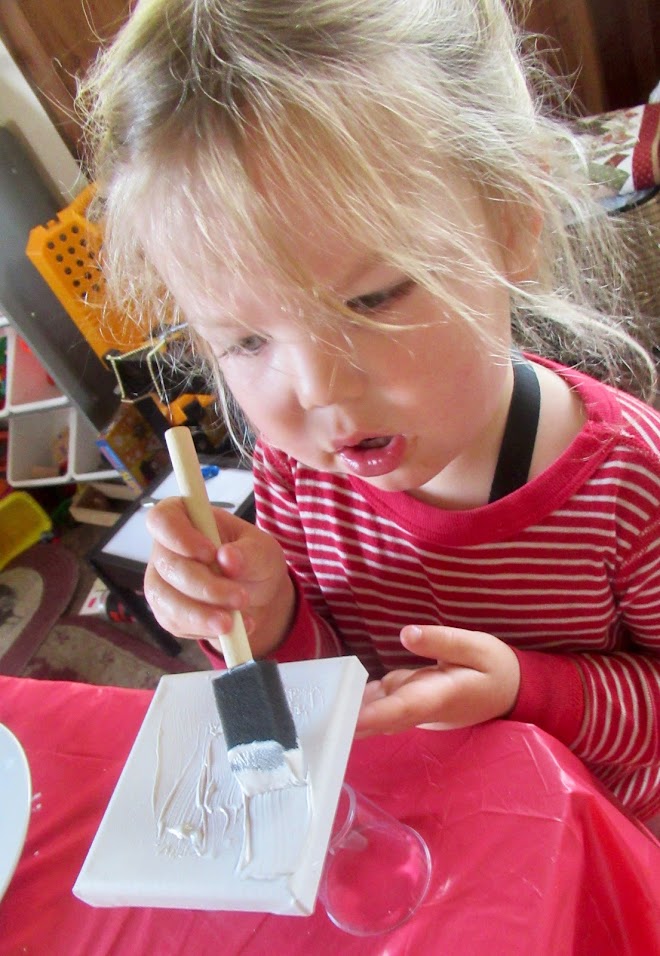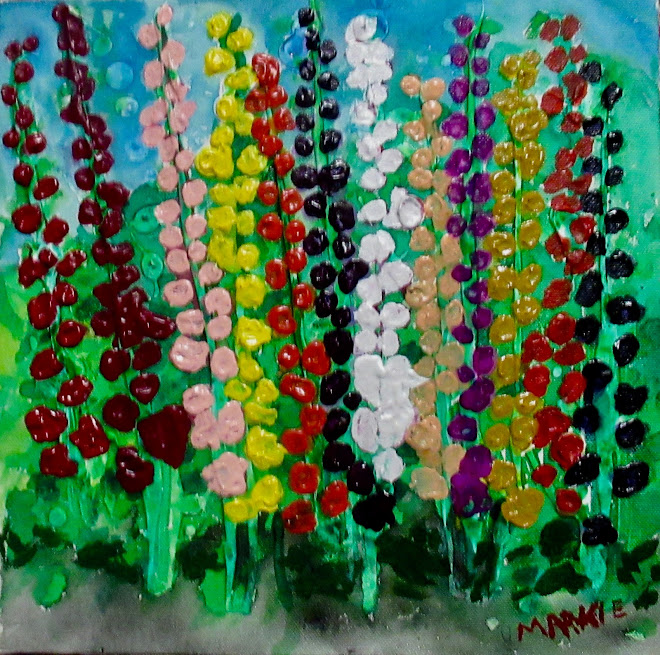For going on forty years I felt nothing but anger and bitterness as a result of the twenty-one months I spent in the military, having been drafted off of a college campus. Then a funny thing happened: I found out that folks have much respect for veterans, and all of the sudden I no longer feel the anger.
Honestly, there are times when I still find it hard to believe that I served, for the simple fact that anyone who has ever known me, recognizes that placing me in the context of the army is laughable. I am opposed to violence in every form, with the possible exception of my mouth, which refuses to be censored.
Of course, that may be the result of spending sixteen years in the classroom, during which time I am pleased to note, I never once let fly an F-bomb. Out loud. Hell, I wouldn’t even allow the phrase “shut-up!” to be used within my hearing.
 |
| Sitting on the steps of the hootch... |
The irony is that I was drafted in the last year the draft existed, after having won the only lottery I will ever win. I drew lucky number 33 for the grand event, and found myself inextricably ensnared. My first thought was to flee to Canada, but alas, that took too much courage for me, and I took the course of least resistance.
I was never more terrified than the morning I was dropped off at the Los Angeles entrance station. I was not afraid of calisthenics; I was not frightened of the drill instructors; and finally, I was not skeered of M-16’s, even though I’d never fired a weapon in my life.
What I was petrified of was leaving home and my eight siblings. Furthermore, I was overwhelmed by the thought of sleeping in an open bay with 40 dudes in it. Every snore, every fart, every sigh was magnified in the tiled, antiseptic room, and I hated it.
I hated the food, I hated being ordered around by dudes with the IQ of a ferret, and I hated having to wear a uniform. I despised what the US Army stood for, and I was stupefied by the thought that there was a strong likelihood, that I would end up in the ‘Nam.
I never once allowed my thoughts to drift in that direction during basic training. When the question appeared in writing in front of me one day, “Would I prefer an assignment in South Korea, or one in Viet Nam?” I almost chortled. As far as I knew, they were not blowing people up in Korea, and that was the box I checked.
I hated being 7,000 miles away from home. During my sixteen months in Korea, I made one phone call home. It boggles my pea brain to think of how much different it would be now, with the ‘Net to help facilitate communication. In 1972, there was a minimum of a two week delay for a response to a letter going home.
I lived for mail-call.
It was from these letters that I was able to post more than a hundred thousand words, based on my military exploits. In an effort to soften that anger/bitterness, when I first started writing again in 2011, I tried to infuse humor into almost every step of the way.
And now I arrive at the crux of this jaunt down a most unwelcome memory lane: Is my opinion on matters of etiquette, when it comes to paying respect to our country and its flag, worth more than that of someone who did not serve? Does it matter that I earned an Army Commendation Medal for my service, one of only two given out in the 199th Personnel Service Company, during the sixteen months I served?
Whether I served voluntarily or not, whether I hated the experience or not, or whether I did a good job or a mediocre job, does the close-to-two-years that I spent serving the United States, give my opinion on patriotism more weight, than one who did not serve?
I don’t know.
What I do know is that as long as one understands the difference between nationalism and patriotism, we will not have an issue. Nationalism is taking excessive pride in one’s country and its symbols, including the belief that it is superior to all others. A nationalist will refuse to acknowledge that his country is flawed. A nationalist believes it should be mandatory to stand for the flag.
A patriot loves his country, but recognizes that it has problems; a patriot also recognizes that freedom of speech is more important, than sentimental gobsmack about how real ‘Mericans stand for the flag.
I used to be far more patriotic than I am now. As long as business interests dictate that Puerto Ricans continue to starve to death, and thieves and bigots continue to run the government, I have no country and will stand for no flag.
Love is the greatest power, not money; therefore, I am not very patriotic. I am, however, a veteran, and no one can take that away from me. I never-ever-thought I would come to the conclusion that being in the army was worth it, but for this one reason alone, I may have been wrong, all of these years.
It feels pretty damn good to kneel beside Colin Kaepernick, and many others, in support of raising awareness of racism and police brutality, without having to get into any political dialogue, from folks who have, well, just an opinion.

















Does veteran status "give my opinion on patriotism more weight, than one who did not serve?"
ReplyDeleteMy opinion = No. The founders of our country and every single one of us since endowed our country with equality. Especially as to opinions, those fleeting things that change with years, or fears, or tears, our thoughts deserve equality. Your experiences and qualifications should inform the gravitas which the listener interprets what you say. When we say veteran's (or police officers or a richer person) have a greater say in what do as a community we move toward the false dichotomies which pull apart our endowed equality. Honor service, yes; make non serving less equal, no.
Great success!
Delete